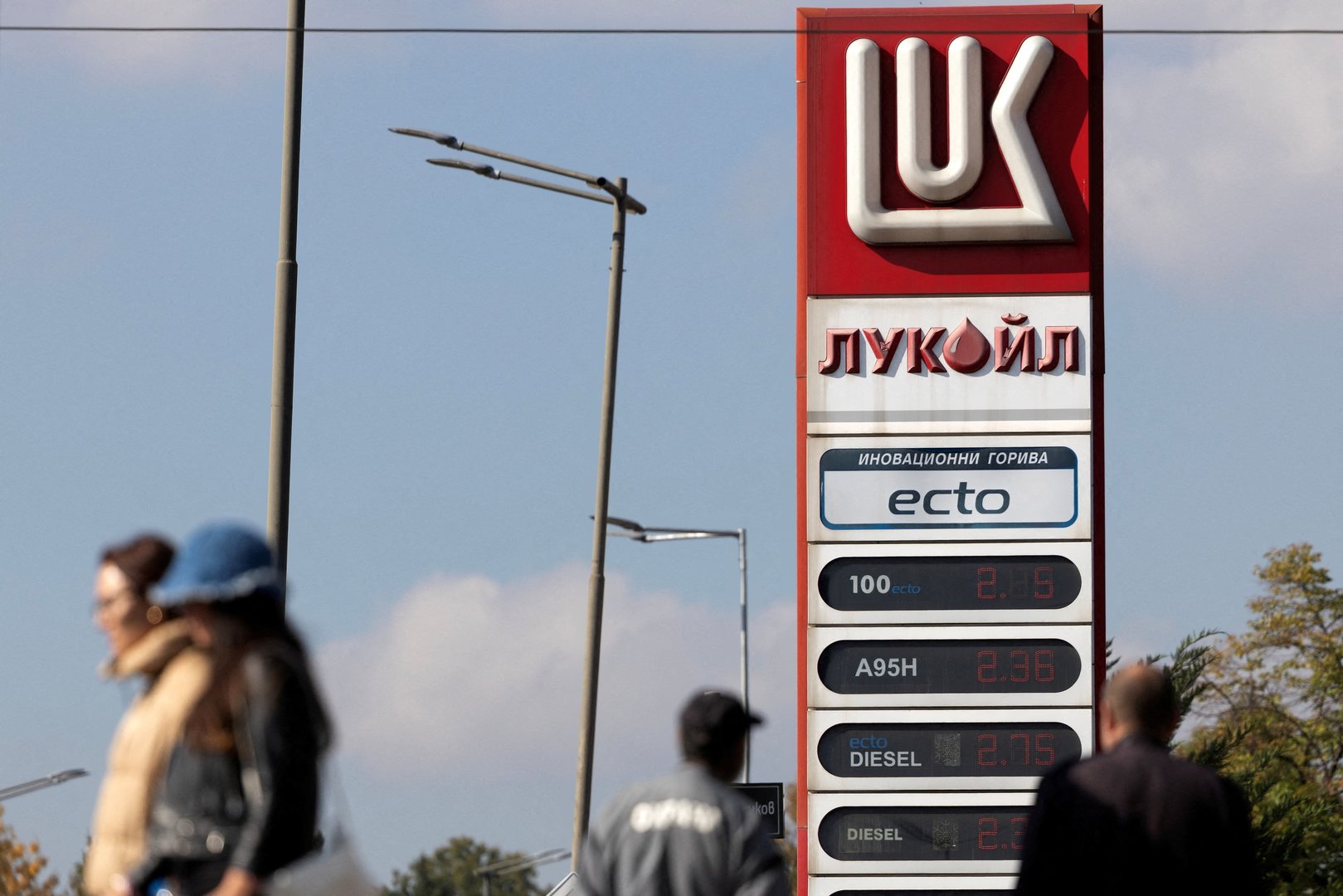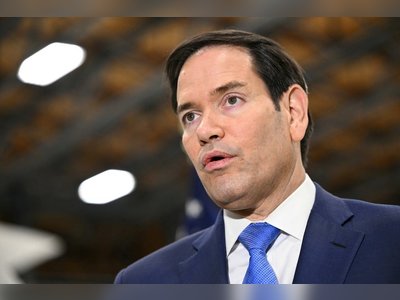
UK Grants Temporary Sanctions Relief to Bulgaria’s Lukoil-Owned Refinery
London issues a licence enabling continued operation of the Burgas refinery and petrol-stations network owned by Russia’s Lukoil in Bulgaria until February
The United Kingdom has issued a temporary licence allowing companies and banks to engage in transactions with two Bulgarian entities affiliated with Russia’s oil major Lukoil, providing crucial relief to Bulgaria’s fuel supply network.
The licence covers Lukoil Neftochim Burgas AD and Lukoil Bulgaria EOOD — the refinery in Burgas and its associated petrol station chain — as well as their subsidiaries, until 14 February 2026.
The move follows the UK’s designation in mid-October of Lukoil (and peer company Rosneft) as part of its expanded sanctions regime targeting Russia’s energy sector amid the war in Ukraine.
That designation triggered a wider freeze on transactions involving the companies.
Within days the United States imposed parallel sanctions.
Bulgaria’s government, facing a potential fuel supplies crisis, lobbied for an exemption.
The refinery is the country’s only large-scale oil refining facility, and its operations are deemed critical to domestic gasoline and diesel availability.
State estimates had warned that stored fuel reserves might only last a matter of weeks if operations were disrupted.
In a separate but related parliamentary move, Bulgarian lawmakers on 13 November overruled a presidential veto to pass legislation that grants the state the power to appoint a commercial manager for the Burgas refinery and to sell the facility if necessary.
This is seen as part of Sofia’s effort to maintain uninterrupted operations amid the looming sanctions challenge.
A source close to the United States Treasury’s Office of Foreign Assets Control indicated that Washington is expected to issue a similar licence by Friday, though the duration and exact terms remain under negotiation.
Meanwhile, former Bulgarian Prime Minister Boyko Borissov indicated his hope for a six-month derogation from U.S. sanctions.
The UK’s temporary reprieve reflects the tension between implementing weighted sanctions against Moscow and managing allied states’ energy security imperatives.
For Bulgaria, the deal buys time to restructure the refinery’s ownership and preserve supply continuity.
For the UK, it demonstrates flexibility in sanctions enforcement while maintaining the broader campaign to restrict Russian energy revenue.
As the licence period extends into February, attention now turns to whether a longer-term mechanism will be agreed and how the Bulgarian government will navigate both energy security and sanction compliance.
The outcome will serve as a key test of how far major allies can accommodate national interests while supporting unified pressure on Russia’s war effort.
The licence covers Lukoil Neftochim Burgas AD and Lukoil Bulgaria EOOD — the refinery in Burgas and its associated petrol station chain — as well as their subsidiaries, until 14 February 2026.
The move follows the UK’s designation in mid-October of Lukoil (and peer company Rosneft) as part of its expanded sanctions regime targeting Russia’s energy sector amid the war in Ukraine.
That designation triggered a wider freeze on transactions involving the companies.
Within days the United States imposed parallel sanctions.
Bulgaria’s government, facing a potential fuel supplies crisis, lobbied for an exemption.
The refinery is the country’s only large-scale oil refining facility, and its operations are deemed critical to domestic gasoline and diesel availability.
State estimates had warned that stored fuel reserves might only last a matter of weeks if operations were disrupted.
In a separate but related parliamentary move, Bulgarian lawmakers on 13 November overruled a presidential veto to pass legislation that grants the state the power to appoint a commercial manager for the Burgas refinery and to sell the facility if necessary.
This is seen as part of Sofia’s effort to maintain uninterrupted operations amid the looming sanctions challenge.
A source close to the United States Treasury’s Office of Foreign Assets Control indicated that Washington is expected to issue a similar licence by Friday, though the duration and exact terms remain under negotiation.
Meanwhile, former Bulgarian Prime Minister Boyko Borissov indicated his hope for a six-month derogation from U.S. sanctions.
The UK’s temporary reprieve reflects the tension between implementing weighted sanctions against Moscow and managing allied states’ energy security imperatives.
For Bulgaria, the deal buys time to restructure the refinery’s ownership and preserve supply continuity.
For the UK, it demonstrates flexibility in sanctions enforcement while maintaining the broader campaign to restrict Russian energy revenue.
As the licence period extends into February, attention now turns to whether a longer-term mechanism will be agreed and how the Bulgarian government will navigate both energy security and sanction compliance.
The outcome will serve as a key test of how far major allies can accommodate national interests while supporting unified pressure on Russia’s war effort.









